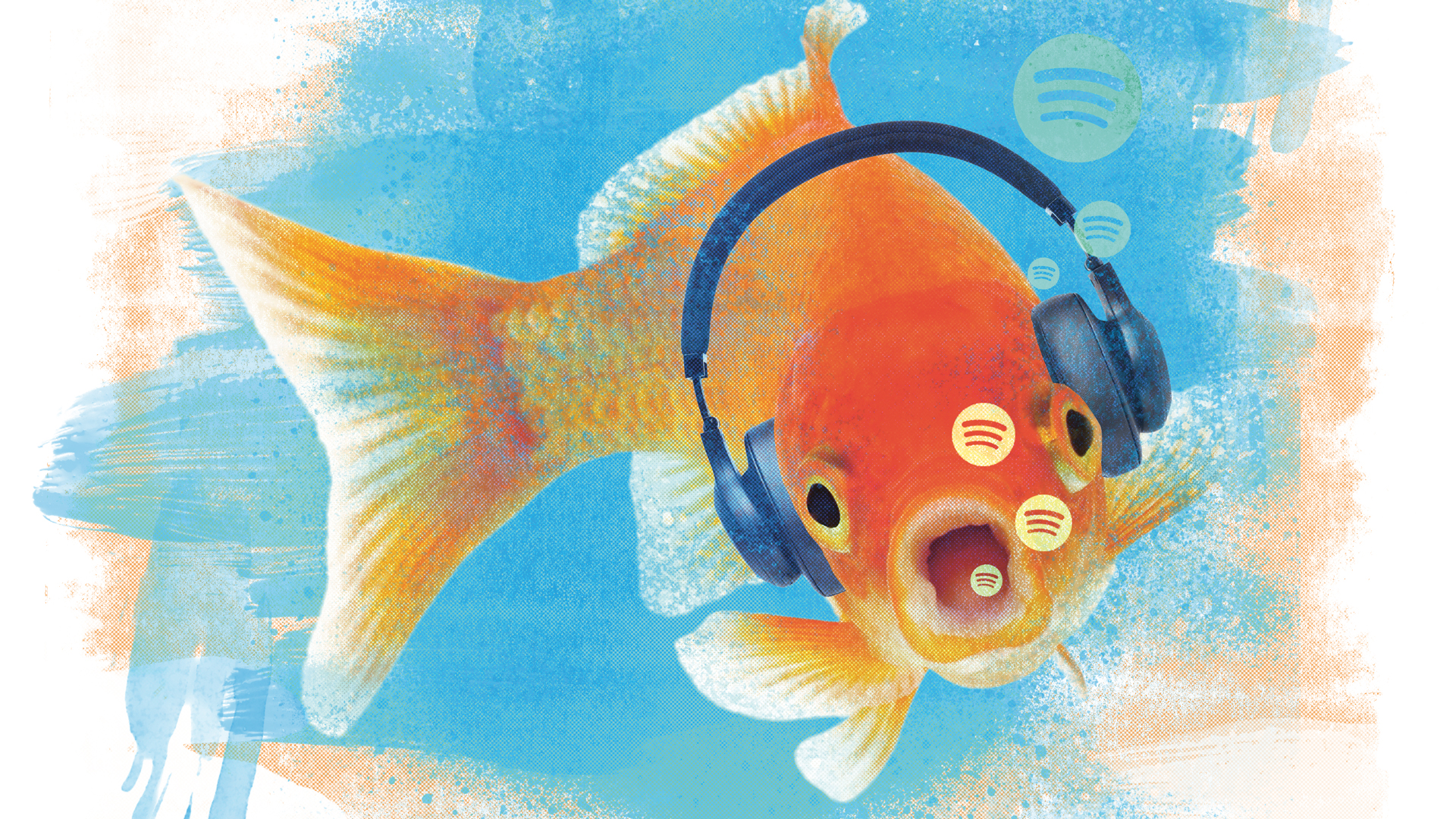Fun fact – according to evidence gathered by researchers at music company Ostereo, the length of the average Number One song in the UK has shrunk by almost a fifth over the past two decades. Back in the patient old days of 1998, the average UK number one was four minutes and 16 seconds long. In antsy young 2019, the average is currently three minutes and three seconds – with the trend travelling in such a direction as to suggest hits will only get shorter yet. What’s to blame?
https://www.youtube.com/watch?v=2aWV_dpHhYM
Spotify, obviously (it’s always Spotify’s fault). Experts reckon it’s algorithms used by the Swedish streaming giant and other platforms that are pushing producers to take scissors to their songs. Anglo-American hitmaker of Uptown Funk fame Mark Ronson more or less confirmed it in a recent interview, when he revealed that, these days “all your songs have to be under three minutes and 15 seconds,” he said, “because if people don’t listen to them all the way to the end they go into this ratio of ‘non-complete heard’, which sends your Spotify rating down.”
‘Non-complete heard’ – in our age of hyperactive digital consumption, hasty hot-takes and human attention spans so shortened as to make goldfish look laser-focused, that phrase could be applied to a great deal of things. “There’s less downtime,” commented Max Martin, the superstar hitmaker behind everyone from Britney Spears to Taylor Swift and Katy Perry, on the current, restless condition of pop as he sees it. “Pop music follows the evolution of society in general: everything moves faster.”
The occasional longform exception notwithstanding, I for one salute our algorithm overlords and their endeavours to keep playlists turning over at a speedy clip.
Experts reckon it’s algorithms used by the Swedish streaming giant and other platforms that are pushing producers to take scissors to their songs
There is of course a rich tradition of sprawling masterpieces in pop – from Queen’s Bohemian Rhapsody (5.55) to Prince’s Purple Rain (8.41), Radiohead’s Paranoid Android (6.27) and David Bowie’s Blackstar (9.57). Less so Oasis’s All Around the World – the longest number one of the last 20 years, essentially a nine-minute, 38-second public health warning on the risks cocaine poses to one’s capacity for sensible self-editing. But strictly disciplined running lengths and the maxim “don’t bore us, get to the chorus” are in the very DNA of the pop single. A three-minute barrier was originally dictated back in the 1950s by the available space on one side of a 45rpm record, and it has stuck around as a guideline length for good reason, even in the digital era. More often than not, anything beyond three-minutes is frankly just self-indulgent.









